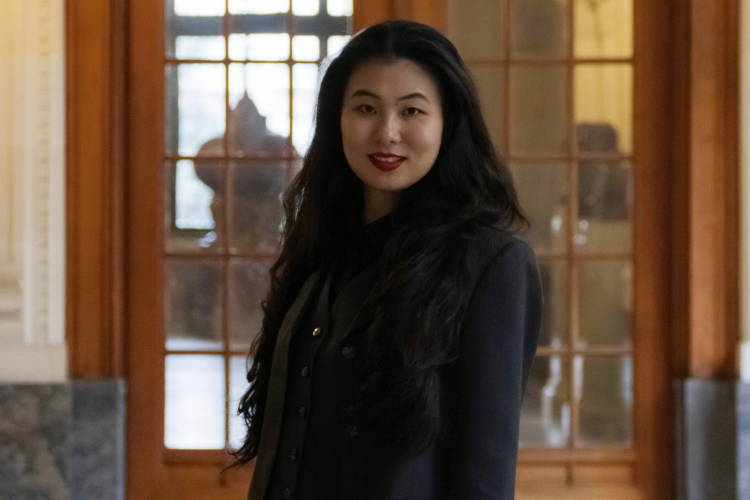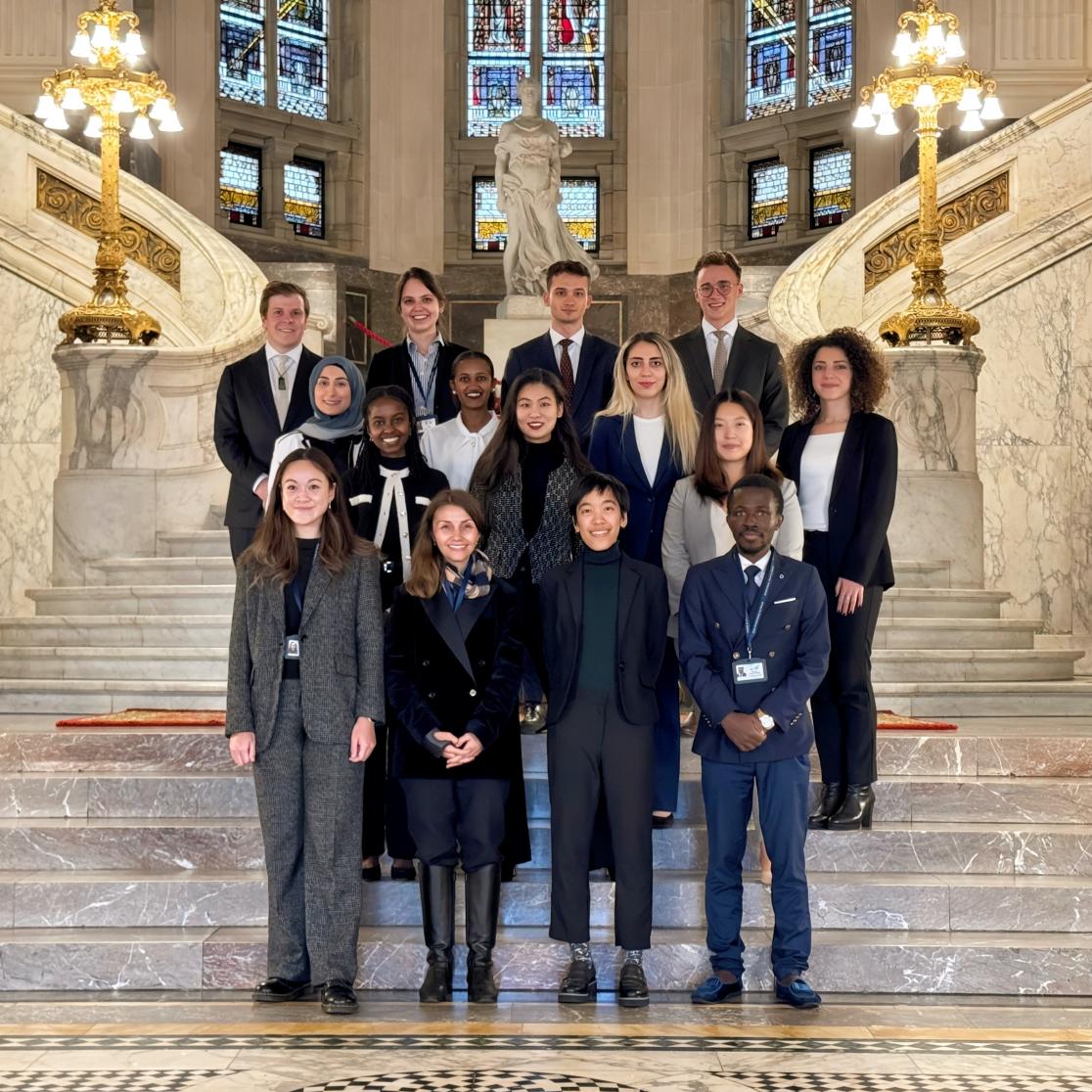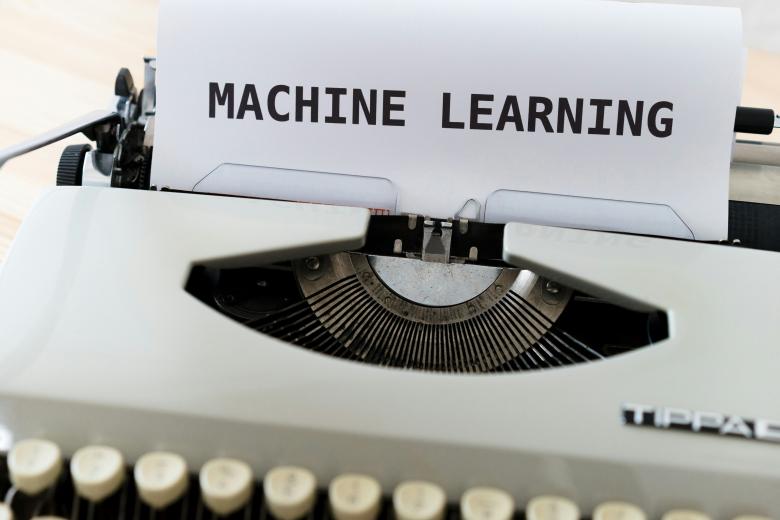A Prestigious Opportunity at the International Court of Justice
As the first student from Maastricht University, Doudou Huang was selected for a prestigious fellowship at the International Court of Justice (ICJ) in The Hague. Since September 2024, she has been on her adventure at the ‘Peace Palace’ as a Judicial Fellow and now she’s halfway through. Time to share some insights!

A Dream Come True
The ICJ is a dream place to go for international law students, Doudou already mentioned in a previous previous interview. In her case, it’s not different. She visited the Peace Palace many times before as a visitor and a volunteer for the Hague Academy Summer Course. “On my first day of the fellowship I thought ‘okay, I will be coming in through that gate almost every morning for the next ten months’,” she starts. “My first days at the ICJ were all about getting familiar with procedures, the people we work with, the rooms we need to know, and the confidentiality process. It was a very soft landing.”
Daily Work at the Court
In her day-to-day work at Court, Doudou is involved in case preparation. Due to confidentiality agreements, she’s limited in what she can share about the cases she works on. “I do research for my judge on the topics or issues she wants me to. I mostly work on the climate change advisory opinion for now,” she says. “Last December, I was involved in the case preparing and did a lot of background research. It’s a very tough but important topic, as it not only covers various legal issues of international law, but also directly concerns the global commons. It’s an amazing experience to get involved in the proceedings.”
The ICJ Judicial Fellows Programme
The ICJ Judicial Fellows Programme was established in 1999 and is the most competitive and coveted fellowship in international law. It enables participants to gain professional experience by working for the ICJ. It aims to improve the participants’ understanding of public international law in practice and the Court’s procedures by directly involving them in the Court’s activities. The Court generally selects 15 participants nominated by universities worldwide, and each Judicial Fellow will work under the supervision of a Member of the Court.
A Special Moment: The Brown Bag Lunch
When Doudou is asked to name a special moment from the past months, it’s not a case she recalls, but a lunch gathering with her colleagues. “We have this ‘brown bag lunch’ from time to time. People in or outside the Court are invited to give an academic speech to the Court’s people, and we have a discussion afterwards,” she explains. “I did a brown bag lunch on my PhD topic, which is on the expansive application of transboundary harm rules. A lot of colleagues, including some judges and senior law clerks, were there to listen. It’s an incredible chance to pick the brains of the best people in this field.” The one-hour presentation and Q&A gave Doudou a taste of how her defence later this year could be. “To be able to answer those challenging but valuable questions they raised indeed gave me more confidence in my current research.”
Working with an Idol
What makes this fellowship extra special for Doudou, is that she works alongside her academic idol in the field of international law, H.E. Judge Xue Hanqin. “ Her monograph on transboundary harm has been with me ever since I got involved in this topic through moot Court competitions till my own academic work,” Doudou says. The book is still guiding her research, because even though it was written in the 1990s, some of the theories were forward-looking and still stand today, according to Doudou. “Four years ago, I could not have imagined working for her. Now, every time I talk to her, or she shares her views and experiences with me, it still gives me a special feeling. She’s so senior, so professional in both academia and practice, and a very kind person as she is.”
Lessons Learned
Research skills, legal and academic writing… All the experience Doudou has built so far is put to the test during this fellowship at the ICJ. Within the shortest amount of time, she has to find the most accurate information. “We have piles of legal documents to read, various legal issues to look into. Sometimes, you need to be able to pick the most relevant one and understand its development. Accuracy and efficiency are key in Court work,” she says. “So, if you want to work at the ICJ in the future, I would say be ready for being busy. We have a lot of workaholics here, who also like to work under this positive kind of pressure. So far, one of the most important things I have learned is being flexible, both mind-wise and knowledge-wise. I was very doctrinal in my own research, pretty much influenced by my supervisor. However, working at the Court makes you see different sides of how international law is interpreted and practiced.”

Looking ahead
The end of Doudou’s ICJ adventure is not in sight yet. She recently obtained her doctorate at the Faculty of Law and has extended her fellowship until the end of August, to take advantage of this experience as much as possible. “Now that I’m here, I feel like everything’s worth it. I would recommend everyone who dreams of this chance to just go for it. It deeply impacts your academic career and personal development,” she says. “I don’t yet know what’s next…But one thing’s for sure. I love doing academia, and I will continue doing that in the future.”
Disclaimer: The views expressed are personal and do not necessarily reflect those of the International Court of Justice.
Also read
-
Contribute to a Voice for Children in Conflict Areas
Dr Marieke Hopman and Guleid Jama are launching a new research project on the role of children in peacebuilding in conflict areas.
-
Administrative integration through agency governance The role of Frontex, the EUAA and Europol
PhD thesis by Aida Halilovic
-
Reducing the Digital Divide: Empowering Students to Train, Evaluate, and Use AI Text Models
The Maastricht Law and Tech Lab, together with the Brightlands Institute for Smart Society (BISS), obtained a € 100.000 a Comenius Senior Teaching Fellow grant.